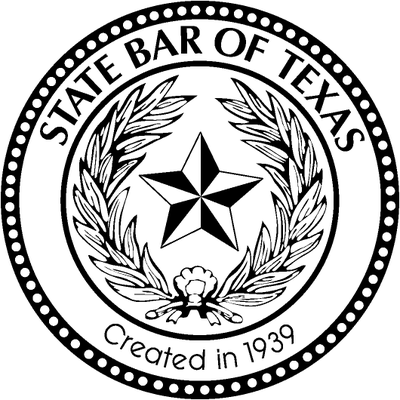An employee’s Facebook page or Twitter feed may provide significant information to her employer, including what the employee is saying about the employer outside of work. But when is an employee’s tweet or Facebook post protected and when is it grounds for termination? According to recent decisions by the National Labor Relations Board (NLRB), the answer may be summed up in two words: “concerted activity.”
The National Labor Relations Act (NLRA), which applies to union and non-union workplaces alike, protects an employee’s right to form a union, bargain collectively, and engage in other “concerted activities” for the purpose of collective bargaining or other mutual aid or protection. 29 U.S.C. § 157. The NLRA protects concerted activity if it relates to a term or condition of employment, such as wages, hours, benefits, staffing issues, or the behavior of a supervisor or management.
What is concerted activity? According to the NLRB, concerted activity is activity “with or on the authority of other employees, and not solely by and on behalf of the employee himself.” Meyers Industries (Meyers I), 268 NLRB 493 (1984). So group discussions about a term or condition of employment, including wages, hours, benefits, staffing issues, or the behavior of a supervisor or management, are protected. Individual complaints are usually not concerted activity. But one person voicing complaints on behalf of a group of employees or calling other employees to action may be concerted activity.
In one recent case, an employee called her boss a “scumbag” on Facebook. Other employees responded to the post, making similar complaints. The employer fired the employee for violating its policy prohibiting disparaging comments about the company or its supervisors. Result? The NLRB found that the employee had engaged in protected concerted activity and issued a complaint against the employer, alleging that the employer had violated the NLRA by (1) firing the employee, and (2) having an overly broad policy that chilled employees’ rights under the NLRA.
In another recent case, a bartender complained on Facebook that he had not had a raise in five years and called the employer’s customers “rednecks” and stated that he hoped they choked on glass as they drove home drunk. He did not discuss this post with any of his coworkers, and none responded to it. The employer fired the employee. Result? Because no other employees were involved in the posts and because the employee did not seek to induce coworkers to engage in group action, the NLRB found no concerted activity.
Therefore, before terminating an employee for a tweet or social media post, the employer should ask itself: (1) Was the subject of the speech a term or condition of employment, e.g., wages, hours, benefits, staffing issues, or the behavior of a supervisor or management? (2) Was the speech concerted activity, i.e., was it a group discussion or complaint? Was the employee speaking on behalf of a group of employees? Or was the employee attempting to induce a group of employees to action?
If the answer to both (1) and (2) is yes, by terminating the employee, the employer may have violated the NLRA.
For more information on drafting policies that do not chill employees’ rights under the NLRA, stay tuned to Texas HR Matters.









